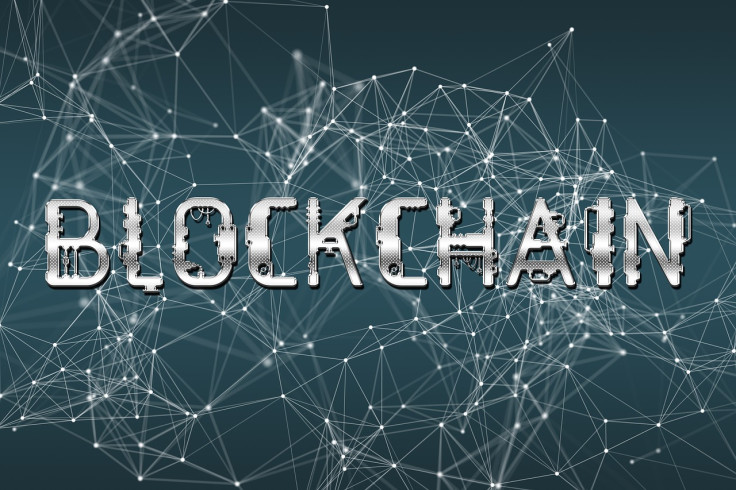House Members Highlight Benefits Of Tokenization In Digital Assets Hearing

KEY POINTS
- Rep. Hill said tokenization deserves 'its own distinct conversation and prioritization'
- Rep. Steil said he believes tokenization can 'transform' community banking systems
- DTCC's Chakar reiterated the importance of collaboration among stakeholders
Members of the House of Representatives on Wednesday discussed the role tokenized real-world assets (RWAs) can play in the financial ecosystem, with Republican lawmakers expressing support for the emerging blockchain subsector.
In his opening remarks during the House Financial Services Subcommittee on Digital Assets, Financial Technology and Inclusion hearing titled "Next Generation Infrastructure: How Tokenization of Real-World Assets Will Facilitate Efficient Markets," subcommittee Chairman French Hill, R-Ark., said he believes the tokenization of RWAs "deserves its own distinct conversation and prioritization."
He noted that tokenization can "bring traditional finance 'on-chain'" and thus leverage the efficient and transparent nature of blockchains to modernize American markets. He said some components of U.S. capital markets and the banking system experience issues such as inflated costs, siloed markets, and "high barriers to entry."
With blockchain technology that offers transparent, immutable, and compliant programming, consumers can have a "secure and transparent record of ownership for tokenized assets," he added. He said many markets can gain from such benefits within blockchains.
Rep. Bryan Steil, R-Wis., said during the hearing that he believes tokenization is an opportunity to "transform" the system for community banks, which he said particularly struggle to get into the digital space.
Tokenization can help community banks stay competitive and continue to serve local employers. It has great potential to level the playing field. #tokenization #crypto pic.twitter.com/UAsuaeKkA4
— Bryan Steil (@RepBryanSteil) June 5, 2024
Nadine Chakar, Managing Director and Global Head of Digital Assets at financial market infrastructure company Depository Trust & Clearing Corporation (DTCC), testified before the subcommittee to discuss the benefits of tokenizing RWAs. She underscored the need for collaboration between key players and lawmakers, saying coordination "needs to be measured and thoughtful" as technology alone won't change markets.
The hearing comes at a time when lawmakers are beginning to recognize the relevance of the digital assets space and how consumers are fast embracing the fintech subsector.
Last month saw a significant transition in U.S. politics in terms of their approach toward the crypto sector. The House of Representatives passed a resolution that blocks the U.S. central bank from issuing a central bank digital currency (CBDC) that some Republican House members said would infringe on the financial privacy rights of American consumers.
Also, last month, at least eight Democratic House members expressed support for a resolution that seeks to establish a regulatory framework for the crypto industry, indicating that some Democrats are now gradually turning toward the fast-evolving sector.
Finally, the House also passed – with significant Democratic support – a resolution that should have overturned SAB 121, a contentious Securities and Exchange Commission (SEC) accounting bulletin that requires crypto custodial firms to hold the assets of their clients within their balance sheets. U.S. President Joe Biden has since vetoed the bill.
Still, the recent shift of lawmakers, mostly Republicans, has been apparent as the crypto industry continues to grow and challenge traditional banking systems.
© Copyright IBTimes 2024. All rights reserved.






















